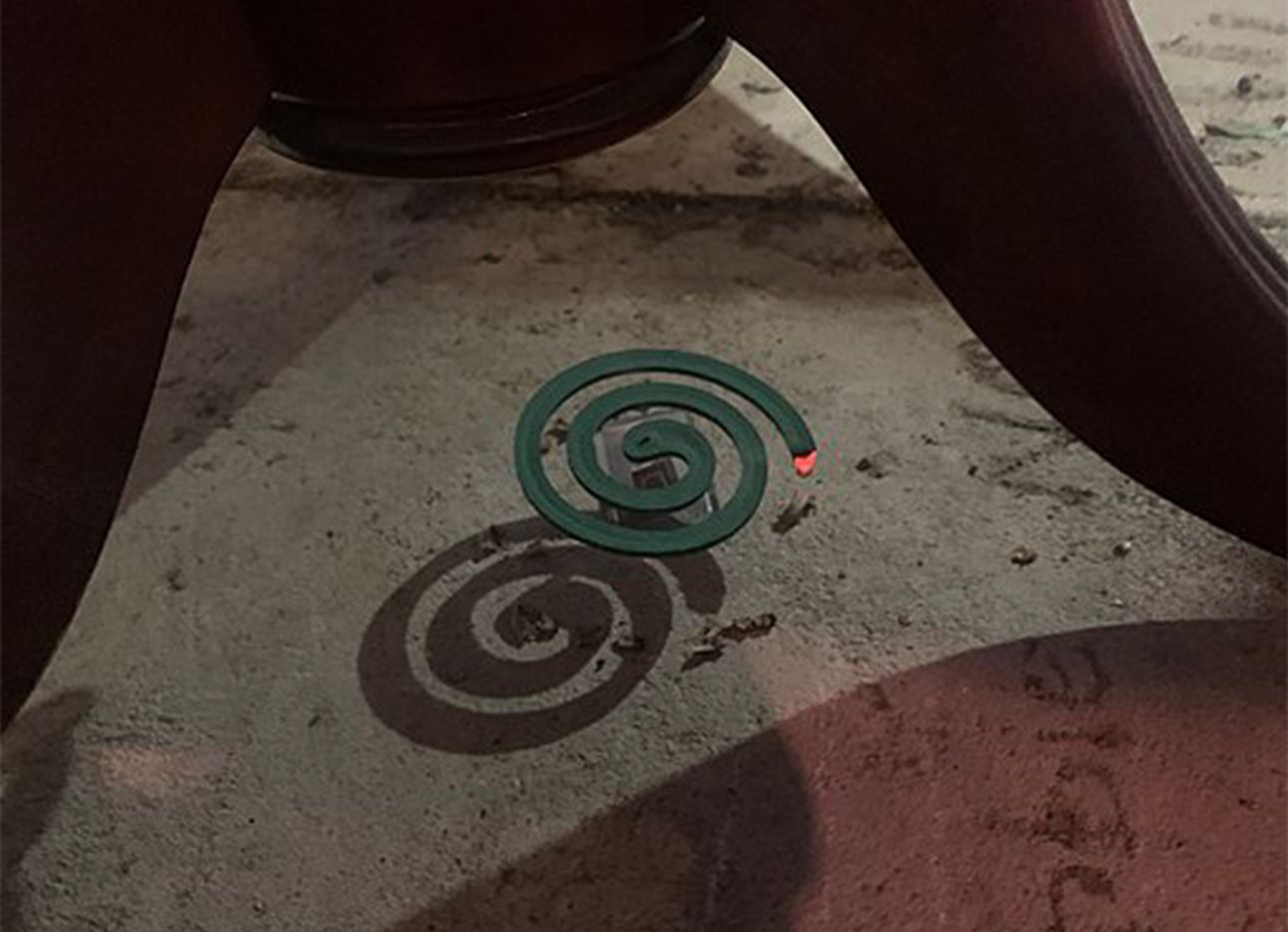
Plant-Based Extracts to Fend Off Mosquitoes This Summer
Mosquitos don’t mind how badly we stink in the summer. In fact, the more we sweat, the easier it is for them to find us: The naturally occurring lactic and uric acids on our skin serve as lighthouses for the hungry little ladies (only female mosquitoes feed on blood, which provides rich nutrients and amino acid proteins for their eggs), who have multiple types of odor receptors on their antennae tuned to detect chemicals found in perspiration. Fortunately, anointing yourself in certain plant oils has been scientifically proven not only to make you smell delightful, but also to repel the pesky biters.
Oil of lemon eucalyptus, which smells like a cleansing soak at a spa, is one of the extracts recommended by the C.D.C. as an effective mosquito repellent. The oil is not actually derived from eucalyptus, but instead from the leaves of the citrusy-smelling gum tree corymbia citriodora, which contain high levels of the mosquito repellant citronellal. A study conducted in Australia, with its hot and humid climate (read: a mosquito heaven), showed that a mixture containing 32 percent lemon eucalyptus oil provided more than 95 percent protection against mosquitoes for three hours. Oils don’t last long on the skin, however, so make sure to reapply often.
Beyond driving cats into a hilarious frenzy, catnip has the double benefit of repelling mosquitoes, too. Catmint oil, extracted from nepeta cataria (a.k.a. the catnip plant), has high levels of a terpenoid called nepetalactone, an organic compound that imparts a fresh mint aroma, has the added benefit of being 10 times more effective as a mosquito repellant than DEET, and works for up to seven hours.
Arguably the most popular natural mosquito repellent is citronella oil, extracted from the cymbopogon nardus, a tall grass that’s part of the geranium family. It’s so ubiquitous that a lemony waft of a citronella candle is likely to bring back memories of Fourth of July barbecues and picnics at dusk, whether you were aware of its presence or not. The nostalgic summer smell of waxy citronella, however, might be more beneficial to our noses than our skin: Studies show that a citronella candle is no more effective at keeping mosquitoes at bay than a regular candle. Turns out it’s the smoke that repels the insects, not the scent itself.
An affordable, and more effective alternative for your backyard is the mosquito coil, such as the now-ubiquitous ones in Japan, introduced by the company Kincho in 1890. The curled incense sticks contain high levels of pyrethroid, a compound produced by the pyrethrum plant, that works as a mosquito repellant in combination with the coil’s earthy smoke. Placed on a picnic blanket or outdoor table, the sculptural spiral gets the job done—with flair.